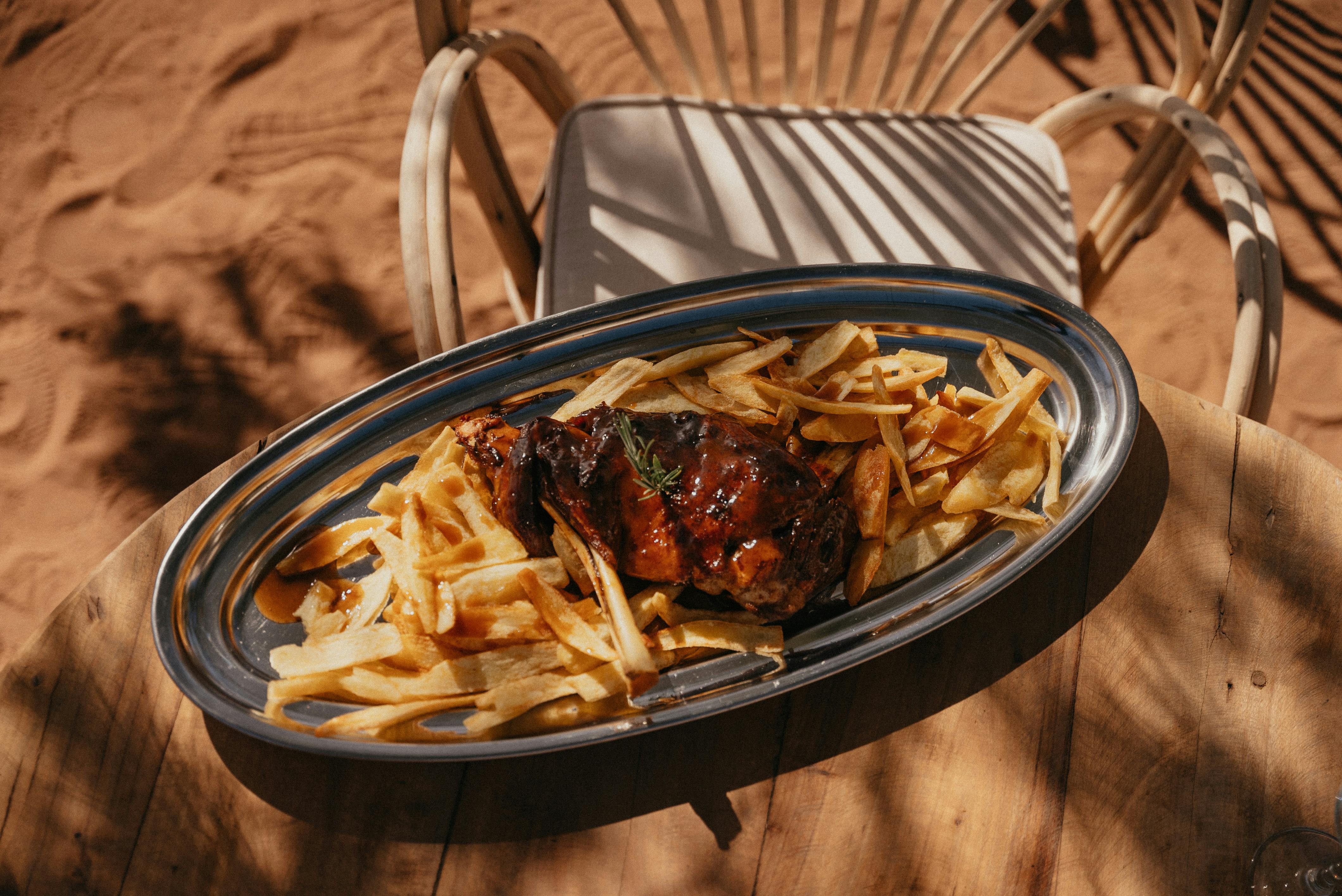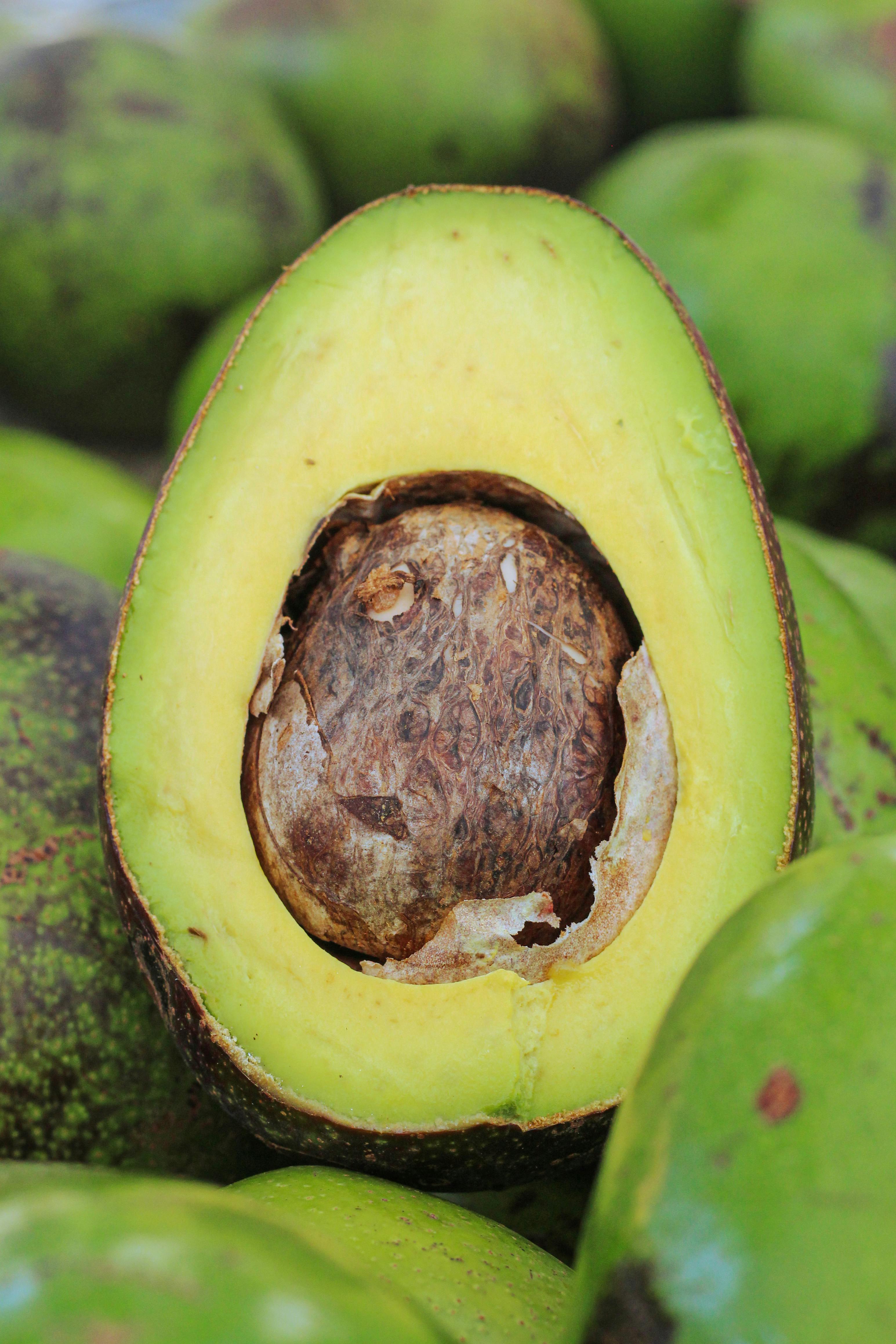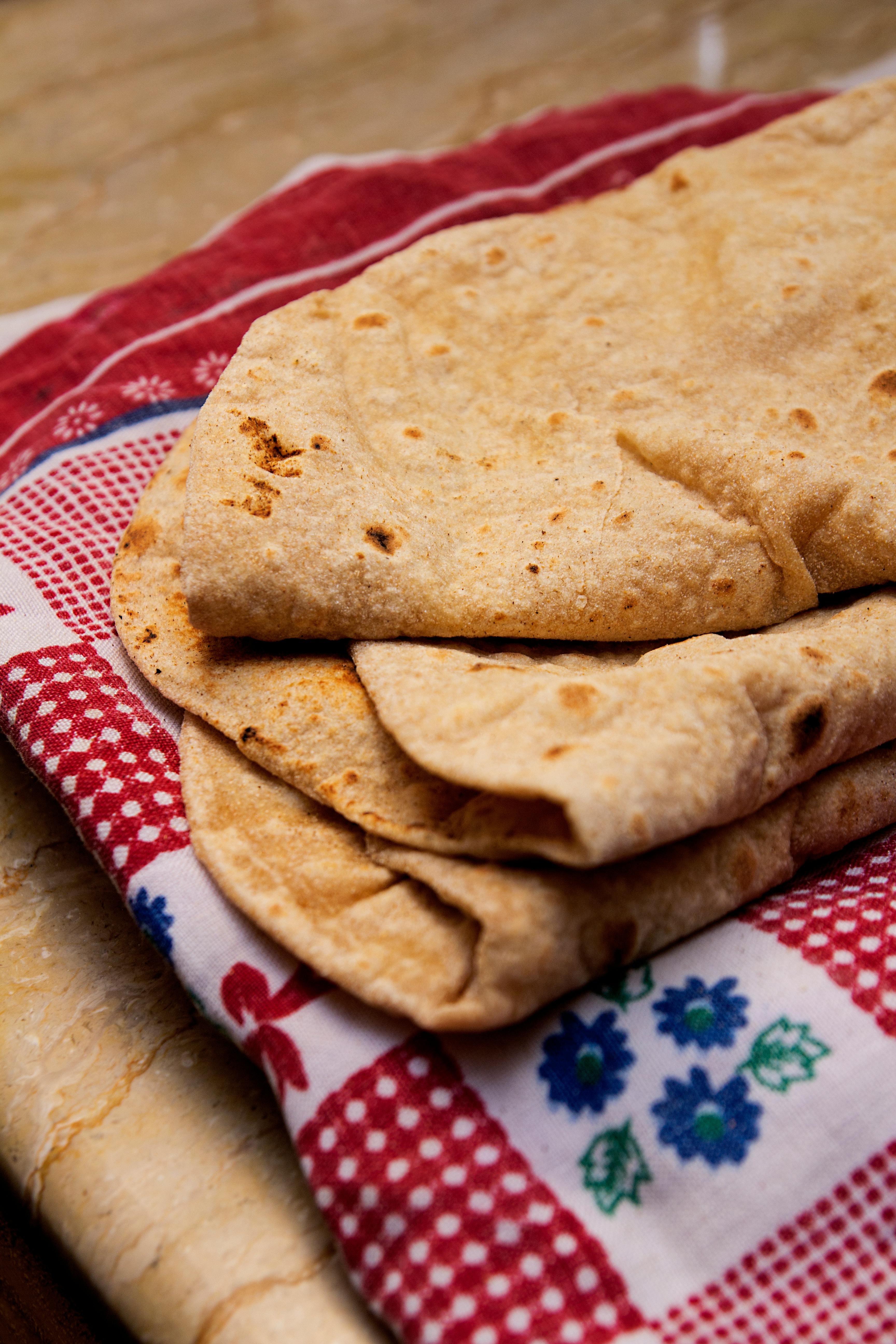Essential Ways to Enjoy Mediterranean Diet Lunches in 2025
The Mediterranean diet is renowned for its flavorful ingredients, health benefits, and vibrant culinary traditions. Emphasizing whole grains, fresh vegetables, lean proteins, and healthy fats, this diet encourages not just nutritional balance but also the enjoyment of food. In 2025, exploring Mediterranean diet lunches can enhance your lunch breaks and contribute toward a healthier lifestyle. This article will guide you through practical Mediterranean recipes, meal planning tips, and creative lunch ideas that embrace sustainability and maximize flavor.
When adopting the Mediterranean lifestyle, focusing on nutrient-rich foods and seasonal ingredients is key. Incorporating a variety of delicious foods like olive oil, grilled chicken, chickpeas, and fresh herbs can transform your lunches into exciting meals packed with flavor. We'll discuss serving ideas, portion control, and how to enjoy vibrant salads full of color while maintaining a balance of dietary fiber, healthy fats, and lean proteins.
By the end of this article, you will be inspired to create Mediterranean lunches that are not only healthy but also remind you of the warmth of shared meals and culinary exploration. Below, you will discover easy-to-make recipes and innovative meal prep strategies to help you enjoy this delightful cuisine every day.
Delicious Mediterranean Salad Recipes
One of the hallmarks of Mediterranean cuisine is its use of fresh vegetables and herbs in salads. A vibrant salad can be a fulfilling and nutritious lunch choice. Here are some easy Mediterranean salad recipes that highlight fresh ingredients:
1. **Greek Salad**: Combine chopped cucumbers, tomatoes, red onions, and olives, then top with feta cheese and a drizzle of olive oil and oregano. This salad is not only refreshing but also packed with healthy fats from olives and cheese, making it a complete meal.
2. **Quinoa Tabbouleh**: Replace bulgur wheat with quinoa for a gluten-free option rich in protein. Mix finely chopped parsley, mint, tomatoes, and green onions with quinoa, and dress with lemon juice and olive oil. The nutritional benefits are enhanced by the fiber-rich leafy greens.
3. **Chickpea Salad**: Combine canned chickpeas with diced bell peppers, parsley, cucumber, and a tangy dressing made of tahini and garlic. Chickpeas provide plant-based protein and dietary fiber, keeping you satisfied throughout the afternoon.
Meal Prep with Whole Grains and Lean Proteins
Meal prepping can make it easier to maintain healthy eating habits, particularly when following the Mediterranean diet. Whole grains like quinoa and brown rice can be prepared in advance and used as the base for several lunches throughout the week.
To ensure portion control, divide your meal prep into single-serving containers. Top cooked grains with lean proteins such as grilled chicken or fish, along with a generous portion of seasonal vegetables. Using vibrant spices and herbs can elevate the flavors significantly. For example, you might marinate chicken in lemon juice, garlic, and rosemary before grilling, enhancing its Mediterranean depth.
Exploring Traditional Mediterranean Dishes for Lunch
Embracing the culinary traditions of the Mediterranean opens up a world of delicious options. Classic dishes, like antipasto platters and seafood dishes, can provide variety and excitement for your daily lunches.
**Antipasto Platter**: Create a beautiful spread with olives, marinated artichokes, fresh mozzarella, sliced meats, and roasted peppers. This type of lunch not only offers a wide range of flavors but also encourages mindful eating as you savor each component.
**Seafood Dishes**: Grilled fish, especially varieties like salmon or sardines which are abundant in healthy omega-3 fatty acids, can be a great source of protein and flavor. Pair with a side of roasted vegetables or a light pasta salad for a balanced meal.
Sustainability in Mediterranean Lunches
The Mediterranean diet is also aligned with sustainability principles, making it a great choice for conscious eaters. By focusing on seasonal ingredients and plant-based meals, you can contribute to a more sustainable food system. Choose local produce and fish when possible to reduce your carbon footprint and support local economies.
Additionally, incorporating legumes like lentils and chickpeas as protein sources can greatly reduce environmental impact while also being cost-effective. These nutrient-dense foods are versatile and can be easily integrated into salads, stews, or as standalone dishes.
Creative Use of Herbs and Spices in Mediterranean Cooking
Herbs and spices are essential for lifting Mediterranean dishes and enhancing their health benefits. Fresh herbs like basil, parsley, and cilantro can add a burst of flavor without added calories. They also contain antioxidants and nutrients that contribute to overall health.
Using spices like cumin, paprika, and coriander can bring depth to dishes while promoting healthy digestion and heart health. Experiment by adding different herbs and spices to both meat and vegetable dishes to discover flavor profiles that delight your taste buds.
Tips for a Perfect Mediterranean Lunchbox
Creating a Mediterranean-inspired lunchbox allows you to enjoy a variety of flavors and textures while being mindful of portions. Focus on including a balance of food groups in your lunch, such as whole grains, lean proteins, vegetables, and healthy fats. Here are some tips for assembling the perfect Mediterranean lunchbox:
1. **Choose a base**: Start with whole grains like quinoa, brown rice, or whole wheat pita.
2. **Add lean proteins**: Options include grilled chicken, chickpeas, or feta cheese to keep the meal satisfying.
3. **Colorful veggies**: Pack a mix of raw veggies like bell peppers, cherry tomatoes, and cucumbers to enhance nutrient intake and visual appeal.
4. **Healthy fats**: Include a small container of hummus or a drizzle of olive oil for dipping.
5. **Seasonal fruits**: Lastly, add a portion of seasonal fruit for something sweet.
Common Questions About Mediterranean Diet Lunches
What makes Mediterranean lunches healthy?
Mediterranean lunches are rich in whole foods, including whole grains, lean proteins, fresh vegetables, and healthy fats like olive oil. These ingredients provide essential nutrients while promoting heart health and balanced nutrition.
Can I prepare Mediterranean lunches in advance?
Absolutely! Meal prepping is a great way to enjoy Mediterranean lunches. Prepare grains, chop vegetables, and cook proteins in advance, storing them in single-serve containers for effortless lunch options throughout the week.
Are Mediterranean dishes suitable for vegetarian diets?
Yes, the Mediterranean diet offers numerous vegetarian options, such as salads with legumes, grain bowls, and vegetable-based dishes that emphasize flavor and variety while remaining nutritious.
How can I ensure variety in my Mediterranean lunches?
To maintain interest in your Mediterranean meals, rotate your bases, proteins, and dressings regularly. Use different herbs and spices to create unique flavor profiles, ensuring every lunch feels different and exciting.
Where can I find Mediterranean recipes?
Online cooking websites, cookbooks, and local grocery stores often provide Mediterranean recipes and meal ideas. You can explore various websites that focus on healthy eating to discover pizza or pasta recipes that capture the essence of Mediterranean cuisine.


